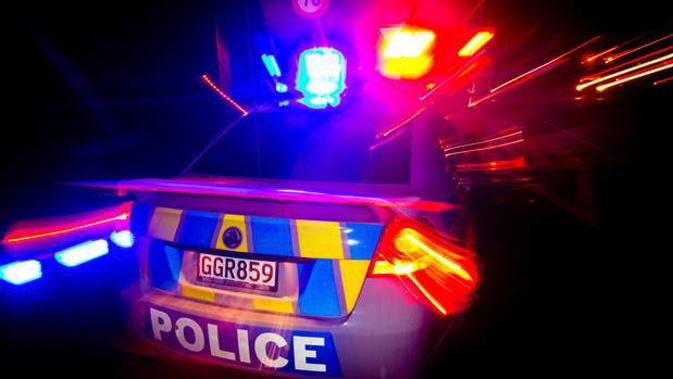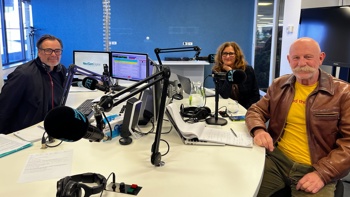
A new automated 111 system that delayed calls from a mother with a baby not breathing and turning blue, and a woman in labour, has now been changed.
The new system, aimed at managing a call system congested by more 111 calls than emergency services can handle, was criticised as causing delays after a trial last year.
In another case a father with an unconscious baby having convulsions was left on the line while a fire 111 call-taker tried to transfer the call to ambulance.
The caller hung up after being put on hold and hearing the fire safety message: "Have you tested your smoke alarm?".
In an extreme case a patient died and although St John said there were no preventable delays in that situation, it was flagged as a concern in a system described as a "merry-go-round of a disaster".
Fire communications staff were receiving so many calls meant for ambulance that the automated response, used during high volumes of 111 calls, had to be changed so panicked callers got through to the right emergency service.
Fire and Emergency New Zealand [FENZ] bosses were asked why the delays were "knowingly allowed to continue" in an explosive internal email, released to the Herald on Sunday under the Official Information Act [OIA].
It pointed to the death of a patient on November 3 last year.
St John responded immediately to the 11.02pm call for a person with a "bleeding wound", arriving under lights and sirens at 11.26pm, but the patient went into cardiac arrest en route to hospital.
However, there was a 44-minute delay between the 111 call and a decision to dispatch firefighters as backup for the paramedics.
The shift manager, whose name was redacted in the released document, wrote of other delays to callers who came through to fire 111 call takers instead of ambulance because fire was the first option on the Interactive Voice Response System [IVR] that kicked in during high call rates.
One mix-up resulted in a fire crew being sent to a bleeding patient but instead walking into a "dangerous domestic situation with an aggressive 16-year-old female who did not require an ambulance".
/arc-anglerfish-syd-prod-nzme.s3.amazonaws.com/public/MOTI2RQLVFHUVFY3JWSOYREYLY.jpg)
The volume of 111 calls to police is so high they were causing a bottleneck for all three emergency services and an automated system has been criticised. (Photo / Newstalk ZB)
Another email pointed to high volumes of 111 calls to police as the reason for the automated response being switched on.
Figures obtained from the police show high levels of sick leave at the Auckland communications centre where crime reporting line and 111 call takers work.
Police national operations manager for communications centres, Inspector Ian Harris, said
the longest wait time recorded for a 111 caller that rang police was three minutes and 54 seconds, at 4am on May 18 this year.
Harris said the long wait was because police received almost twice as many emergency calls at that time than forecasted.
"There were also nine people on unplanned sickness nationally which was significantly more than we anticipated based on our average sickness levels."
During the course of six months there was 1174 lost shifts due to sick leave at the North Comms centre.
Police try to answer 90 per cent of emergency calls within 10 seconds, he said.
There was a brief discussion between police and fire communications centre managers over whether fire call takers might answer police 111 calls, but the idea was dismissed by FENZ who were "not in a position to consider taking on further work".
Leigh Deuchars, from FENZ's office of the chief executive, said the 111 system had been experiencing a significant increase in call volumes which led to congestion at the point of answering.
"The IVR was jointly identified as a solution to removing this bottleneck."
It was first trialled between 11pm and 5am over New Year's Eve 2016/17, handling 270 calls between midnight and 12.15am, a much higher volume of calls than what could usually be handled in that timeframe, Deuchars said.
A second, longer trial for three weeks in October and November last year, encompassing Labour Weekend and Guy Fawkes identified areas for improvement including:
• Managing caller hang-ups;
• Working with ambulance and police on the procedure for transferring calls;
• A need to change the order of emergency services options to place ambulance first instead of fire;
• Changing the wording of the automated message to help prevent callers pressing the first option they heard.
Delayed calls
• From a mother with a baby turning blue.
• From a woman in labour.
• From a father with an unconscious baby having convulsions.
Take your Radio, Podcasts and Music with you









